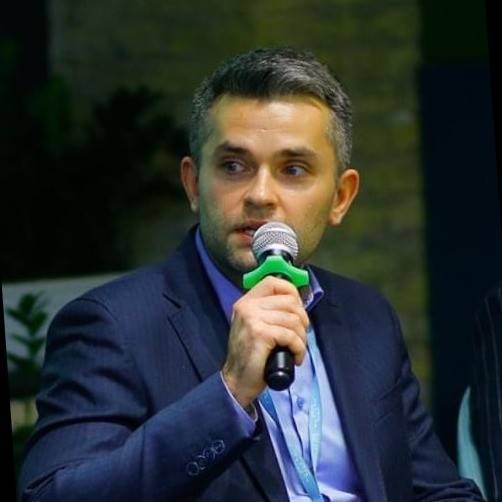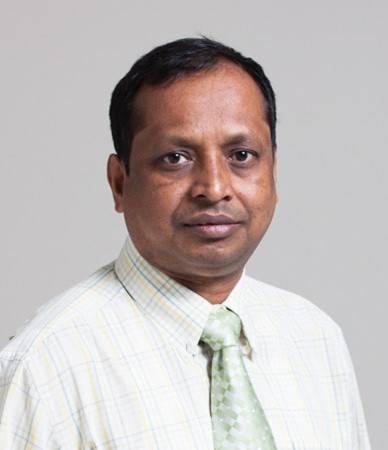Safeguarding the Power System – Investing for Resilience in Bangladesh, Japan, and Ukraine
Electricity is the lifeblood of a modern economy, with both natural and human-driven disasters creating complex challenges for ensuring reliable and secure power. The session will provide multiple perspectives on incorporating hazard risks into investment planning for the power system. In Bangladesh, an ongoing study is downscaling global and regional climate models to assess the changing intensity and occurrence of climate hazard risks, including sea level rise, increased and variable monsoon winds and flash flooding, more intense heat waves, and lightning risks. Hazard risk profiles looking decades into the future are being prepared for electricity networks, generators, and fuel supply, and used to strengthen asset and system-level resilience planning. In Ukraine, the power system has faced extensive damage to generation and electricity networks amidst war, but with lessons for other electricity utilities globally to build resilience to natural and human shocks. Analysis will be presented on use of demand response, dynamic line rating, and deployment of drone technologies, with the potential to strengthen the responsiveness, resilience, and flexibility of the power system. An official from Ukraine will describe Ukrenergo’s investment planning strategies to strengthen its power transmission network amidst unprecedented pressures. Finally, an official from Kansai in Japan will describe advanced practices in disaster risk management and responses including its response to the devastating Hanshin Awaji earthquake and other natural disasters including flood, land slide, forest fire and lightening. The session will describe Kansai’s organizational and institutional arrangements for effective response to disaster events.
Organized by: GFDRR/World Bank





